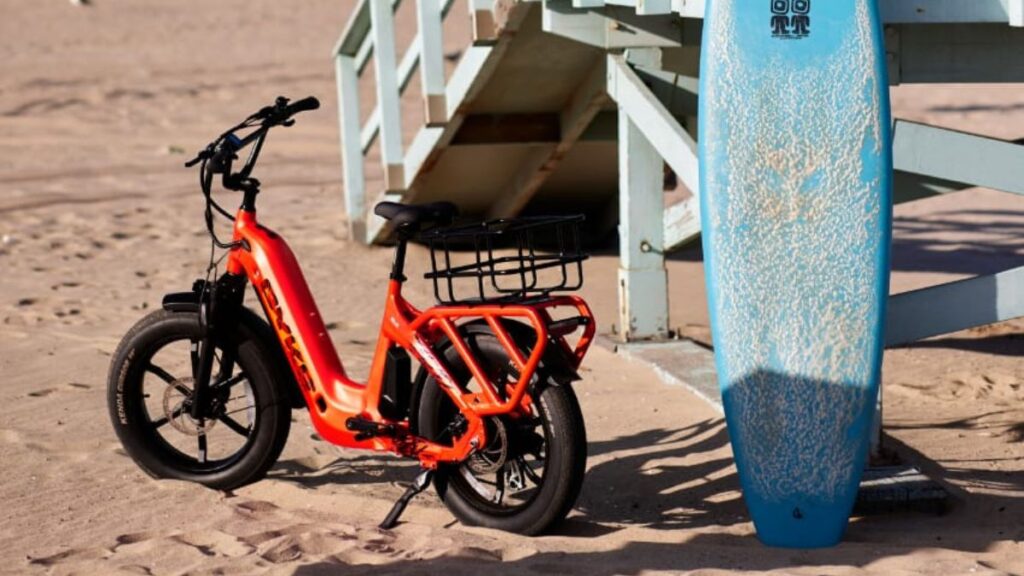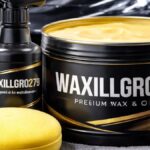Do you want to buy an electric bike, but are overwhelmed by too many options? A key decision you need to make is whether to choose a brushless or brushed motor. Both have their advantages and disadvantages, but which one is the real advantage? Let’s delve into the world of e-bikes and weigh the pros and cons of each motor type to help you make an informed decision.
Brush motor: Classic choice
Advantages:
Affordability: Brushed motors are generally less expensive than brushless motors, making them an attractive option for cost-conscious consumers.
Simplicity: These motors are relatively simple in design, making them easier to repair and maintain.
Cons:
Limited life: The life of brushed motors is often shorter than that of brushless motors due to brush wear.
Low efficiency: They are less efficient than brushless motors, resulting in reduced battery life and overall performance.
Brushless motors: Modern wonders
Advantages:
Efficiency: Brushless motors are known for their efficiency, which means longer battery life and higher performance.
Durability: Since there is no brush wear, brushless motors generally last longer than brushless motors.
Better performance: These motors generally offer smoother acceleration and quieter operation, providing a more enjoyable driving experience.
Cons:
Cost: Brushless motors are generally more expensive than brushless motors, which can be a deterrent for buyers on a tight budget.
Complexity: Brushless motors ebike are more complex in design, making repair and maintenance more challenging.
FAQ
Do brushed motors last longer than brushless motors?
Even with maintenance and brush replacement, a brushed motor cannot run as long as a brushless motor. This is simply an inherent result of the mechanical wear design of brushes and commutators.
Why is the brushless motor broken?
The most common cause of early failure of brushless motors is water or dust contamination, which causes corrosion and eventually bearing failure.
What is the life expectancy of brushless motors?
The typical life expectancy of a brushed DC motor is about 2,000 to 5,000 hours, depending on the application and duty cycle. The typical life expectancy of a brushless DC motor is 10,000 to 20,000 hours, twice that of a brushed motor!
Why is my brushless motor so loud?
In a brushless motor, the permanent magnet enters the air gap roughly radially, creating radial forces on the stator and rotor, resulting in electromagnetic vibration and noise.
Can you lubricate a brushless motor?
It is true that we do not need to lubricate brushless motors with ball bearings. Ball bearings are sealed with grease, so oiling doesn’t help much, can actually be counterproductive, and can make a mess because the oil attracts dust and dirt.







